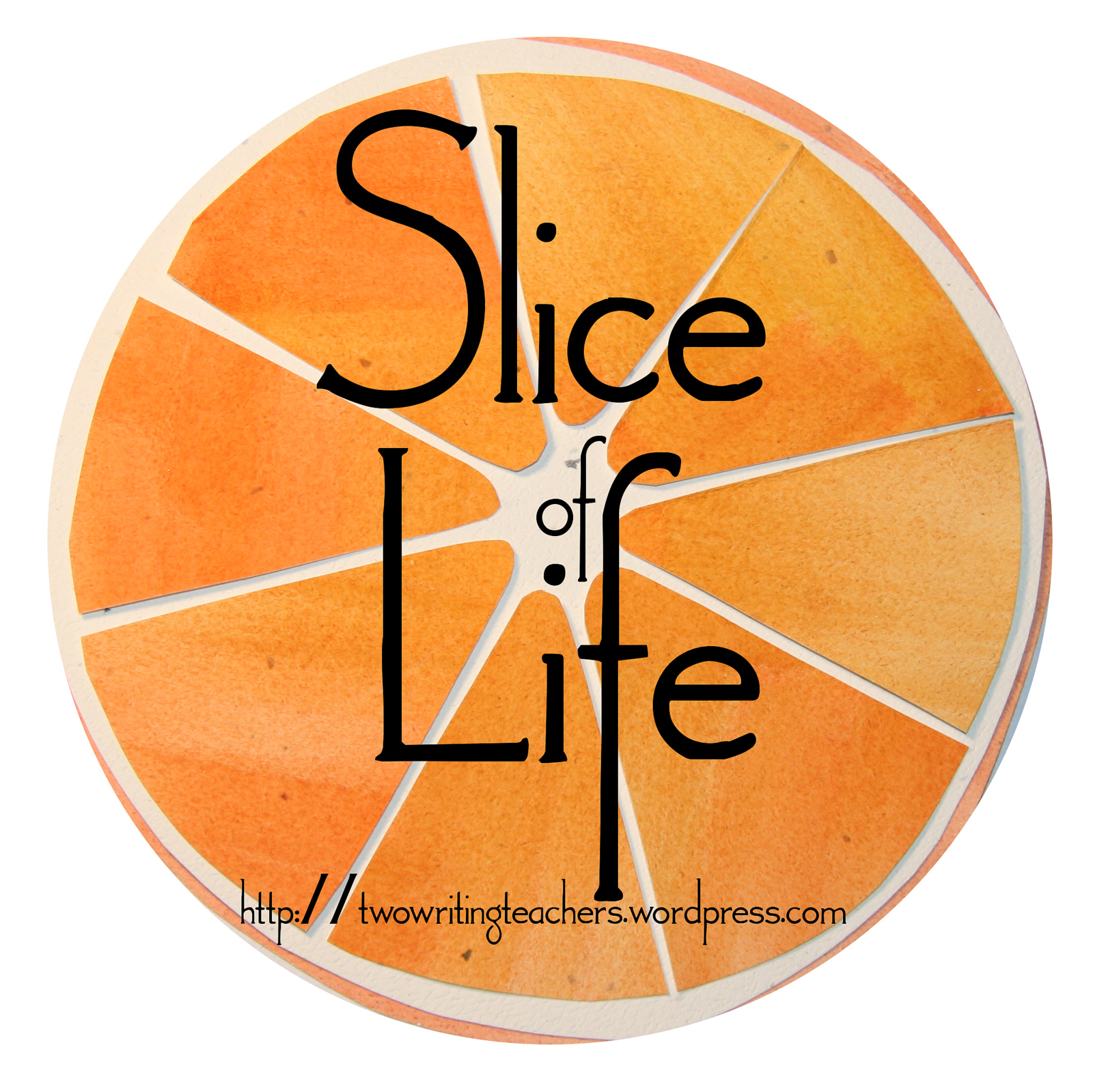A friend summarized the difference between short and long term solutions in the teaching of math. She said kids can fall into the trap of relying on tricks. The problem rests in the fact that the trick does not promote deep understanding. The student learns a work-around without understanding the content.
 |
| Credit: Asiatic elephant by Satoshi Kamiya |
In ELA, I find myself feeling similarly about buzz words or phrases: hook your reader, writer's purpose, audience. While I understand what we mean when, as teachers, we present concepts to kids, our terminology can often turn into paper tigers. Well, maybe tiger is too strong. Maybe our words becomes more of a paper elephant in the classroom. Large and ineffective.
Each term hook your reader, purpose, audience remains vague to kids as a concept and unhelpful to kids when posed as advice: set your purpose; define an audience; etc. Often, our kids are left with one silent question: "How?"
Offering concrete examples of what writers do, and constantly returning to examples helps students focus on the moves made by writers. Seeing the strategy within an authentic newspaper, magazine, or text reinforces that these tools exists. Furthermore, teaching leads, or any aspect of organization, is ongoing and recursive because each new text opens new possibilities.
- striking image
- startling fact
- action!
- dialogue
- scene that sets the stage
- intriguing question or quote
- anecdote
- summary of a problem
Take a look at the following leads. These are a small sample of what I pulled to discuss with my classes over the last week. Each image from the March 2016 edition of Teen Ink.
When I asked my students what they noticed in the first example, they noticed that the writer blended a summary of a problem with a scene that sets the stage. We don't have these terms memorized even though we have been working with them for several months. They are still displayed on the board. Students glance back and forth from the newspaper to the list before making a decision.
It is necessary to note that I use several interchangeable words for "problem" as in "summarize a problem." Writers might use a summary of a connection, a summary of an accomplishment, a summary of a solution, et al. Often, it is this element--the summary of a [problem]--that directs a reader towards an understanding of a writer's purpose. I don't need to say develop you writer's purpose. Most kids don't grasp the context of that word. Most need something more concrete. Without this brief summary, writing tends to plummet into narrative. As the writer risks writing a(n) (un)remarkable moments without much for the reader to hold onto, the writers risks allowing the reader to drifting away from the text, disconnected, uninterested.
Notice, in the second example, that we can point out the use of a dialogue blended with a summary of a problem. The dialogue is one of several ways in, but the path chosen by a writer always leads to a summary of something.
Currently, my students are wrestling adding this element--summary of [...]--to their writing. Through conferring, I understand that many are still writing to find their purpose--and this is ok. Actually, I prefer this method of writing to discover connections. Writing to make meaning. Writing to pull together fragments of life experiences, learning, and observations.
I would rather a student write and write and write in order to make their own meaning than for students trained to write for my meaning, to my prompts or to the prompts of a textbook. Students trained to make widgets. Assembly line writing. Short term methods in lieu of deeper understanding.
We do no one any favors when we focus on teaching the writing instead of teaching the writer. In other words, students can apply and adjust what they learn about leads to almost any writing or reading asked of them in school.
Encouraging students to write to find their own meaning takes time. However, we can reclaim a lot of time by offering concrete moves. When students can refer to what they want to do by a specific term, instead of the blanket term (hook my reader) we are all positioned to help one another move and grow as writers with a long term understanding.
























